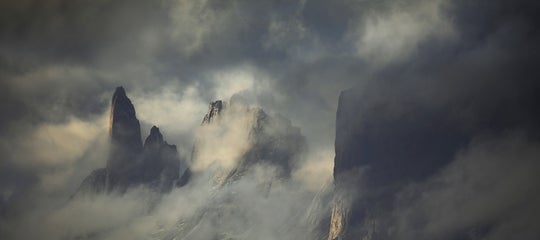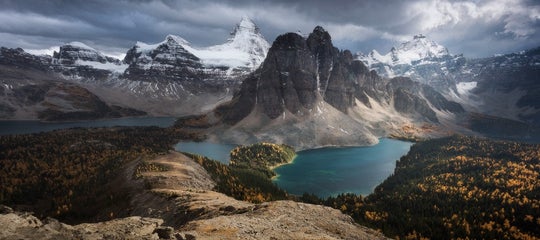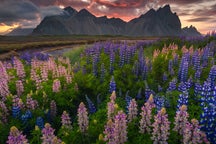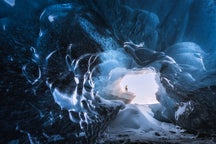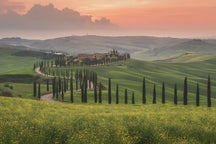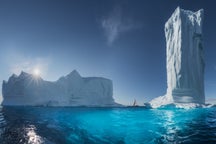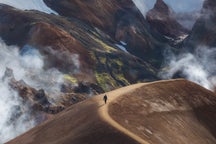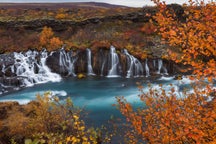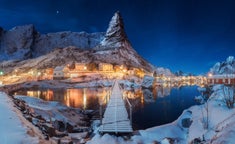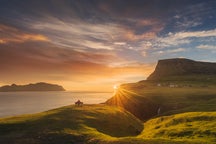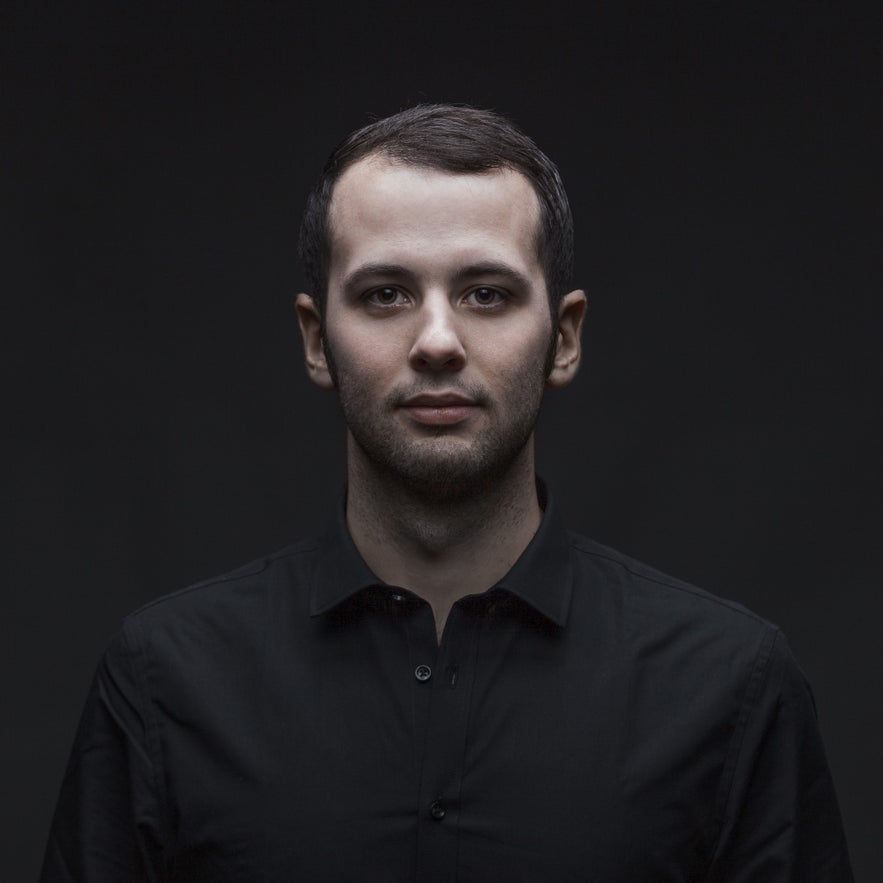
Filmmaking is a form of digital storytelling that places an emphasis on the communication of meaning. For professional filmmaker and photographer, Dennis Schmelz, it is as much about evoking emotion as it is about demonstrating the beauty of the world in which we live.
- Check out these Photographer Interviews
- Discover the Beginner's Guide to Videography
- Join us on a Switzerland Photo Workshop
Having honed his craft over many years, Dennis currently has an impressive showreel and extensive list of clients. He works across genres from travel and music to sport, bringing his passion for discovering new and exciting places, meeting interesting people and documenting unique stories on screen. This month, we were lucky enough to catch up with Dennis to talk about how he became a professional filmmaker, the inspiration behind his work, the equipment that is involved, as well as the importance of social media in establishing a business.
Hello Dennis, thank you for joining us this week! For our readers who are unfamiliar with your work, could you share a little of your background? How old were you when you made your first video and what was it about? How did you come to be a professional filmmaker?
My name is Dennis Schmelz and I’m a full time filmmaker from Germany. I started filmmaking around 2006 when I was 18 years old, maybe also earlier without thinking about it. Everything started when my brother asked me to film a short video for him – a fun project for his girlfriend with some scripted scenes for Valentine’s Day. We shot some random stuff, out in nature with an old Mini-DV Camcorder from my dad, and I quickly found an interest in making films.
Before that, I also shot some pretty bad horror and action movies with some friends with an old Hi8 Camcorder but that was just for fun. I never thought about filmmaking. It was more about the fun experience. I actually wanted to be a graphic designer but I fell more and more in love with filmmaking.
After different internships, I started to study as an audiovisual media designer in a production company in 2009. That gave me a lot of practice in shooting and editing. We produced short documentaries for television, image films and a lot of news stuff. On the weekends, I always used my free time to experience new things and also got my first few jobs, like weddings, music videos and after-movies. After I finished my education, I started my freelance career in 2013 and focused on travel, music and advertisement videos.
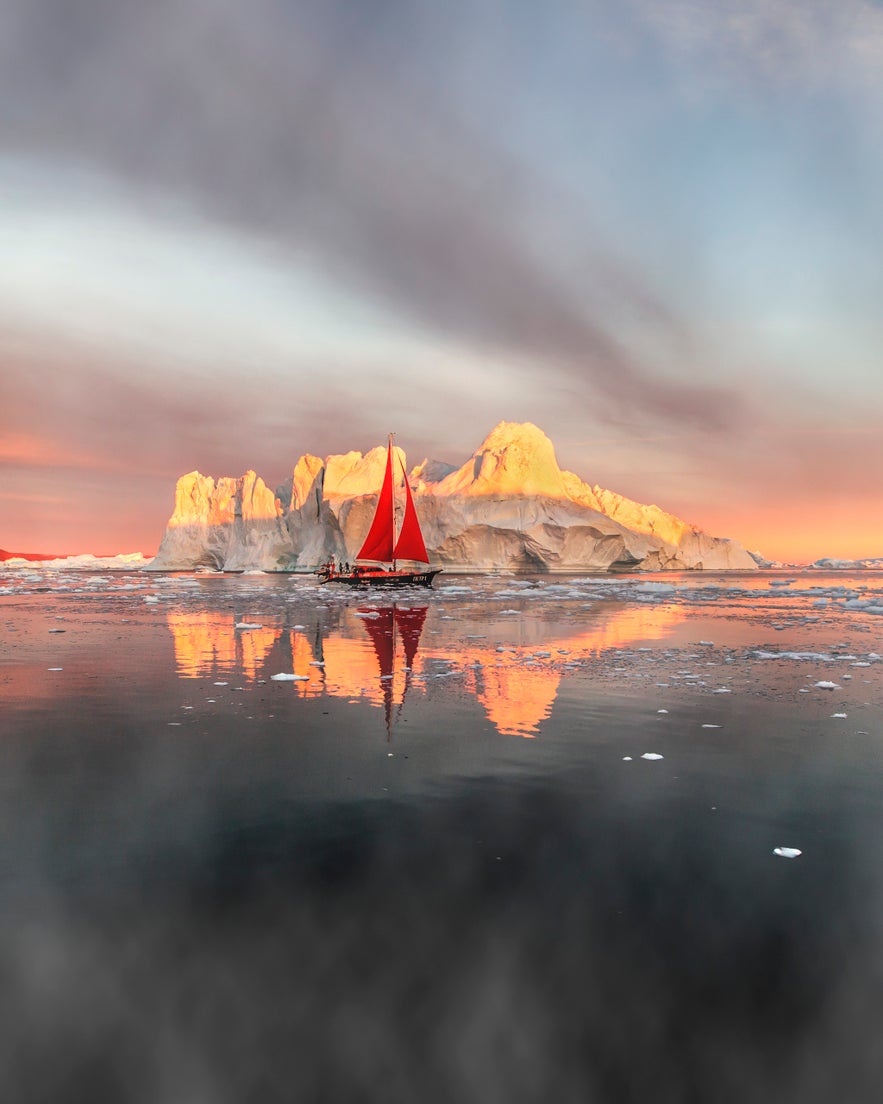 Dennis has travelled extensively all over the world, including to Greenland. Photo by: 'Dennis Schmelz'.
Dennis has travelled extensively all over the world, including to Greenland. Photo by: 'Dennis Schmelz'.
What is it in particular about films and filmmaking that you find so stimulating?
The most interesting part about filmmaking is to create a story and produce emotions. You can make people laugh or cry, just with pictures and audio – this medium is super strong and still fascinating me every day!
As a filmmaker and storyteller, what inspires you? What are the stories that you want to tell?
The last few years, I have focused on travelling and visited different destinations and people all over the world. I love to show people the beauty of this planet; stunning landscapes combined with the locals, their culture and traditions. With my films, I try to open the world for everybody, even the ones who can’t travel and cannot see this beauty with their own eyes.
I’m always looking for interesting things and love trying out new techniques. I also like to show the locals, how they live and what they do, not only monuments and stunning landscapes. I have discovered new and exciting places, met interesting people and come in contact with unique stories. I put all my effort and dedication into my work to absorb these valuable impressions and create authentic, inspiring and visually stunning films. There is always a story to tell and fresh perspective to be discovered.
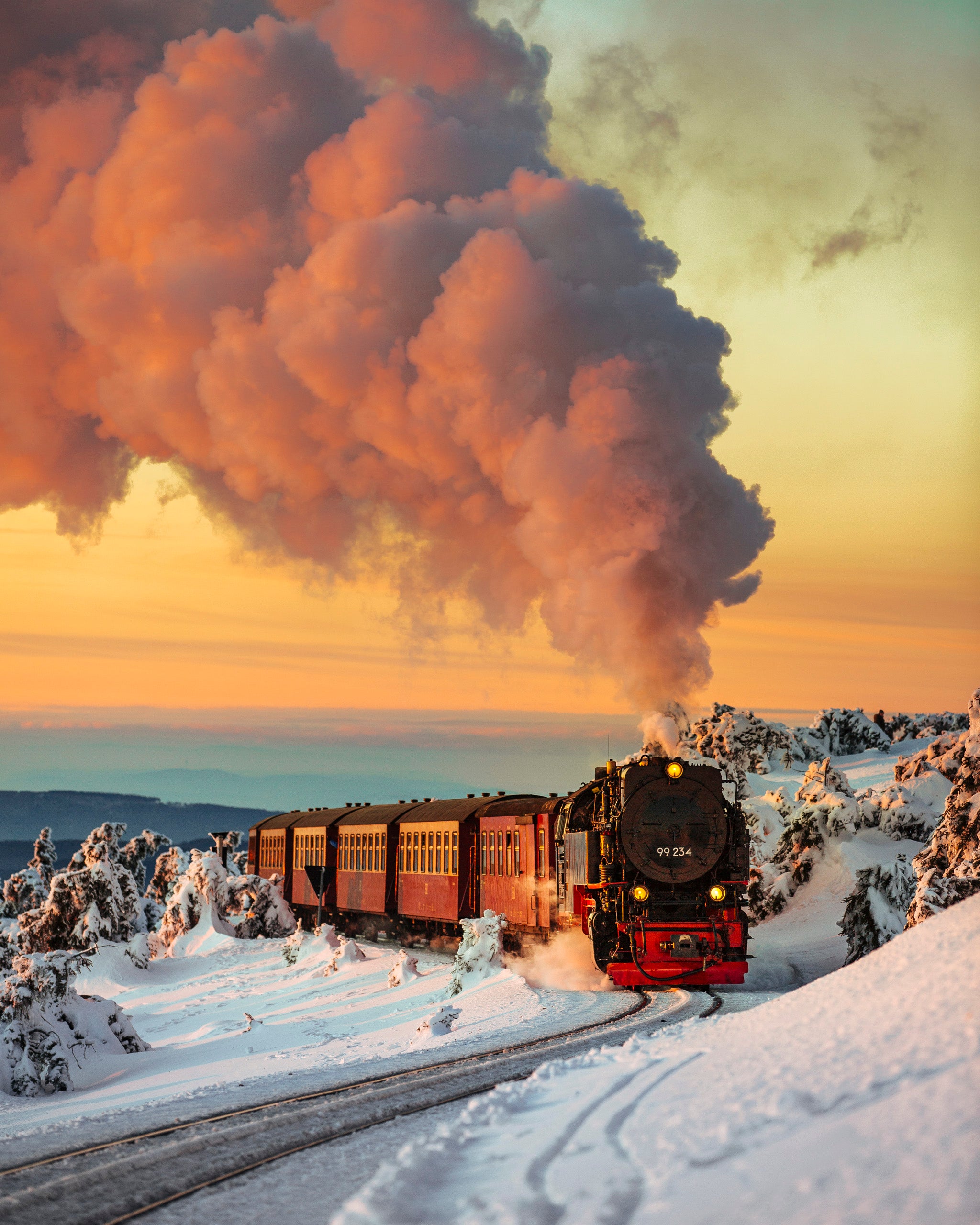 Alongside filmmaking, Dennis is an accomplished photographer. Photo by: 'Dennis Schmelz'.
Alongside filmmaking, Dennis is an accomplished photographer. Photo by: 'Dennis Schmelz'.
- See also: 7 Day Finnish Lapland Photo Tour
On a personal level, what has been the most rewarding experience that you’ve had on the job and what is your favourite moment that you’ve captured?
This is hard to say, as every journey has been unique. The Trans-Siberian Railway from Beijing to Moscow was probably one of the most diverse journeys I ever had. This journey took us along 7,923 km (nearly 5,000 miles) of rail from Beijing via Erlian, through the Gobi desert to Ulaanbaatar, on to Ulan-Ude, along Lake Baikal to Irkutsk, Novosibirsk, Yekaterinburg, Kazan and finally to Moscow in just 16 days. From the rickshaw ride through Beijing, a night in a Mongolian yurt, a bath in the five degrees Celsius Lake Baikal and the legendary vodka tasting aboard the Zarengold train – I sum up the highlights in my short “TRANSSIBERIAN DREAM”.
Another highlight and once-in-a-lifetime experience was my trip with Daniel Kordan and Iurie Belegurschi (organised by Iceland Photo Tours) to Greenland. Sailing through the Midnight Sun with a small sailing boat, discovering huge icebergs and icefjords around Ilulissat, felt super surreal and the memories still feel like a dream. I captured everything in my short film "The Beauty of Greenland" to make sure that it was real! :D
- See also: South America Photo Tours and Workshops
Tell us about your approach when planning and making a video. Is it important to have an idea about what you want to film before you head out travelling, or do you improvise as you go?
Before I start the journey, I have a rough idea in my head. I research a lot to get an idea – planning is necessary but it’s also important to leave some space for spontaneity.
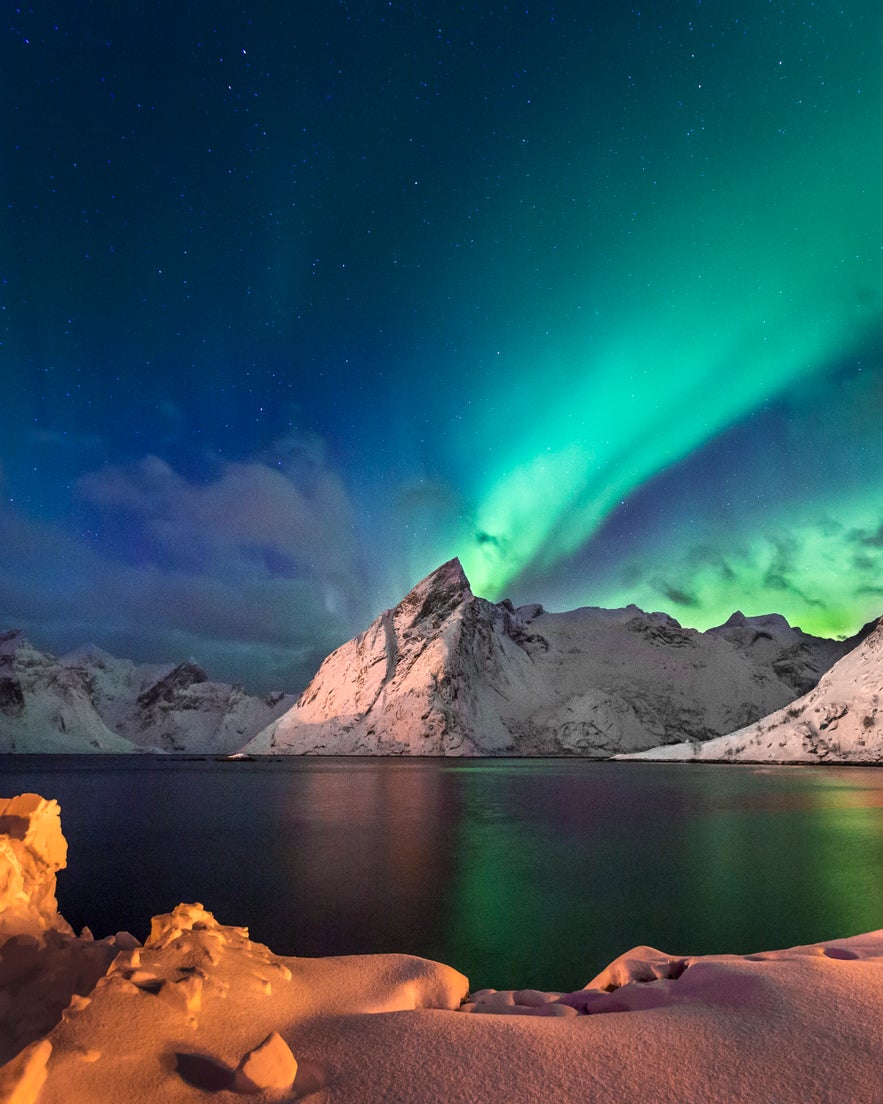 The Northern Lights dancing in the night sky in the Lofoten Islands of Norway. Photo by: 'Dennis Schmelz'.
The Northern Lights dancing in the night sky in the Lofoten Islands of Norway. Photo by: 'Dennis Schmelz'.
From the idea to the finished product, how long does it take for you to make a short film or video? What kind of work goes into filming and post production?
It varies. For example, my short film “Transsiberian Dream” took me about one year but only because most of the storyline happened in the editing process. Actually, the main job was to create different videos for the client and Transsiberian Dream was “just” a freelance artistic work, edited from the B-roll footage (30 hours). It always depends on the project: When everything is pre-planned (treatment / storyboard / etc.) it can be done in a few weeks. However, the editing part is a never ending story – you need deadlines to get finished, especially when you’re a perfectionist like me! :D
What are some obstacles or challenges that you’ve faced in achieving your creative vision? How did you overcome them?
My job is more than a full time job – I spend every free minute in my business (office things, pre-production, organisation, filming, editing, social media, gear, new techniques, etc.). It’s a straight walk to be present all the time and beat your work from release to release without burning out. From time to time, you have to take a break to get creative again, otherwise you will lose your passion.
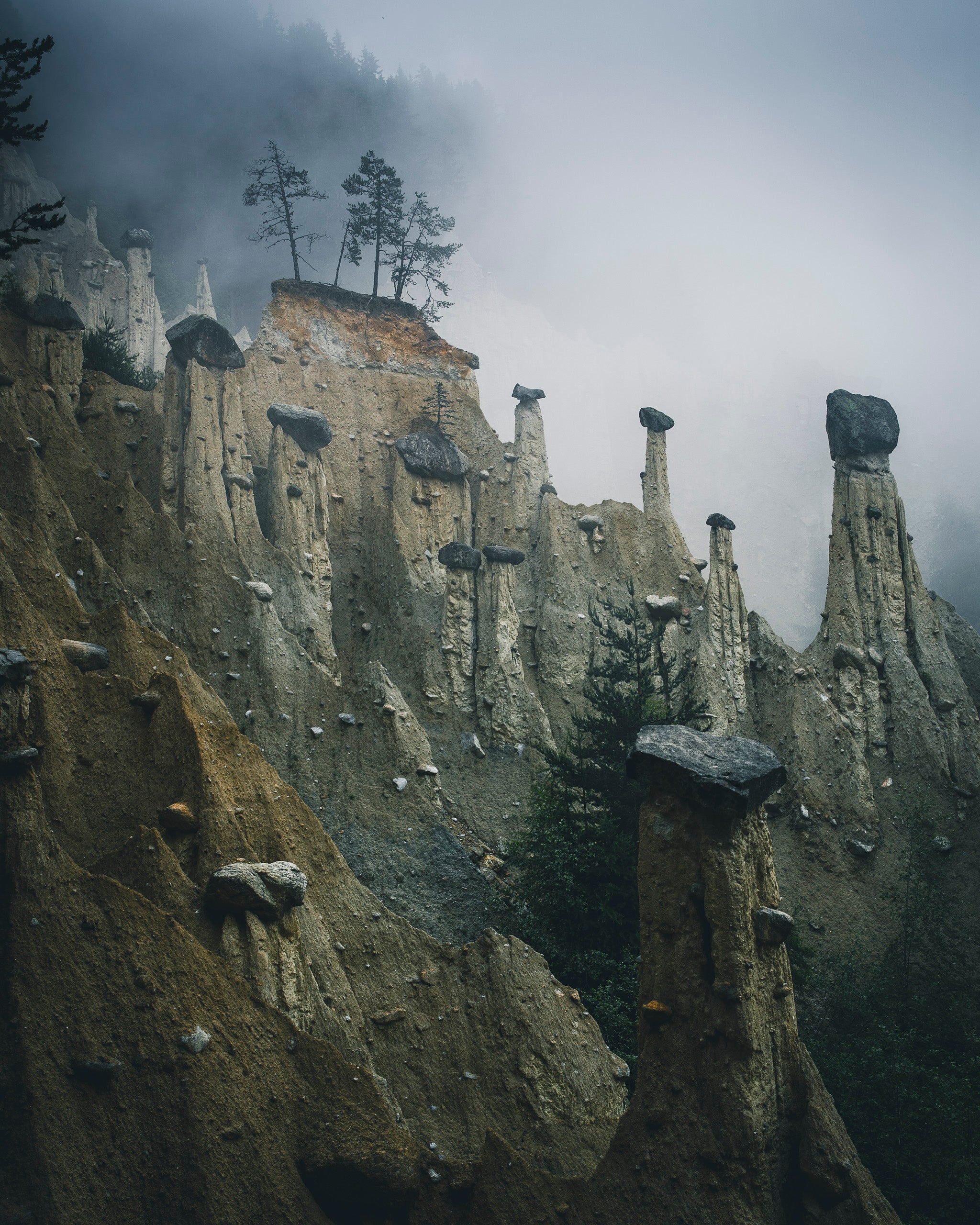 Sometimes, you have to take a break to reignite your passion again. Photo by: 'Dennis Schmelz'.
Sometimes, you have to take a break to reignite your passion again. Photo by: 'Dennis Schmelz'.
To create high quality videos, is it essential to invest in expensive gear? How can someone get started making films if they’re on a budget?
No, it’s not. Nowadays, you can create stunning films with your smartphone. The possibilities are bigger than ever. It’s all about the idea, good light and a strong story.
 Capturing great images and videos is dependent on having great light. Photo by: 'Dennis Schmelz'.
Capturing great images and videos is dependent on having great light. Photo by: 'Dennis Schmelz'.
What kind of technology do you prefer to use in your craft? Are there any new advancements that you’ve heard about in the pipelines that you are excited to incorporate into your work?
I’m a big fan of gimbals and drones. It’s impressive how easy it has become to produce high-end content with these intelligent tools. However, it’s also a challenge to keep your own style and not to lose your own handwriting! That’s why I operate everything manually and also integrate handheld shots to keep my own style. A new element in my videos will be an FPV drone. I’ve been experimenting with it for more than ½ year now and can’t wait to use it in one of my upcoming projects. These drones are much faster than a regular drone and they can fly through tiny obstacles, make flips and loops or diving down a house wall. This technology is a game-changer for aerial shots but it’s super difficult to control them. That’s why I’m still practising.
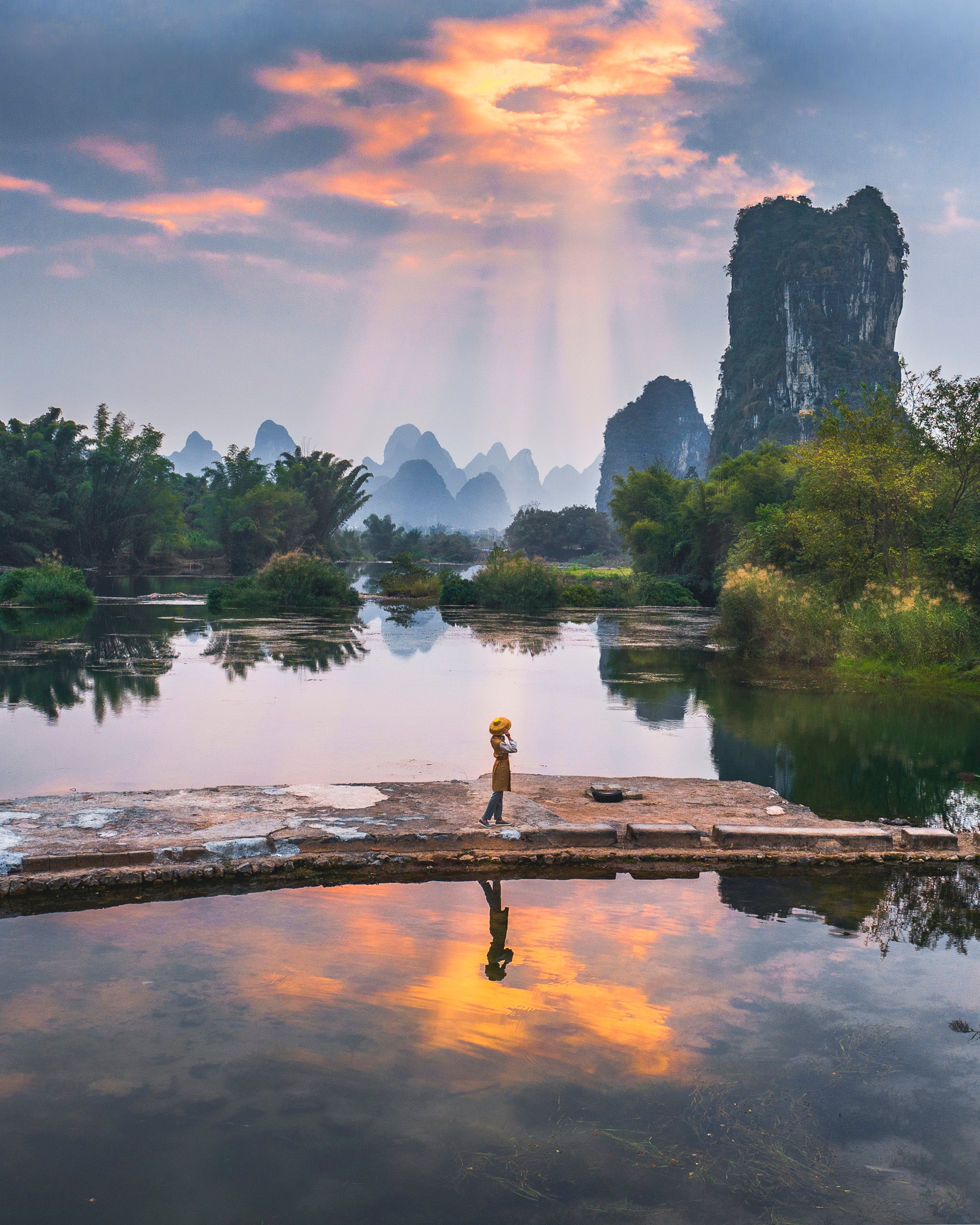 Photography and videography both include ongoing learning processes. Photo by: 'Dennis Schmelz'.
Photography and videography both include ongoing learning processes. Photo by: 'Dennis Schmelz'.
- See also: Should I Take My Drone to Iceland?
What are the three essential pieces of videography gear that you never travel without?
Drone, gimbal and my laptop.
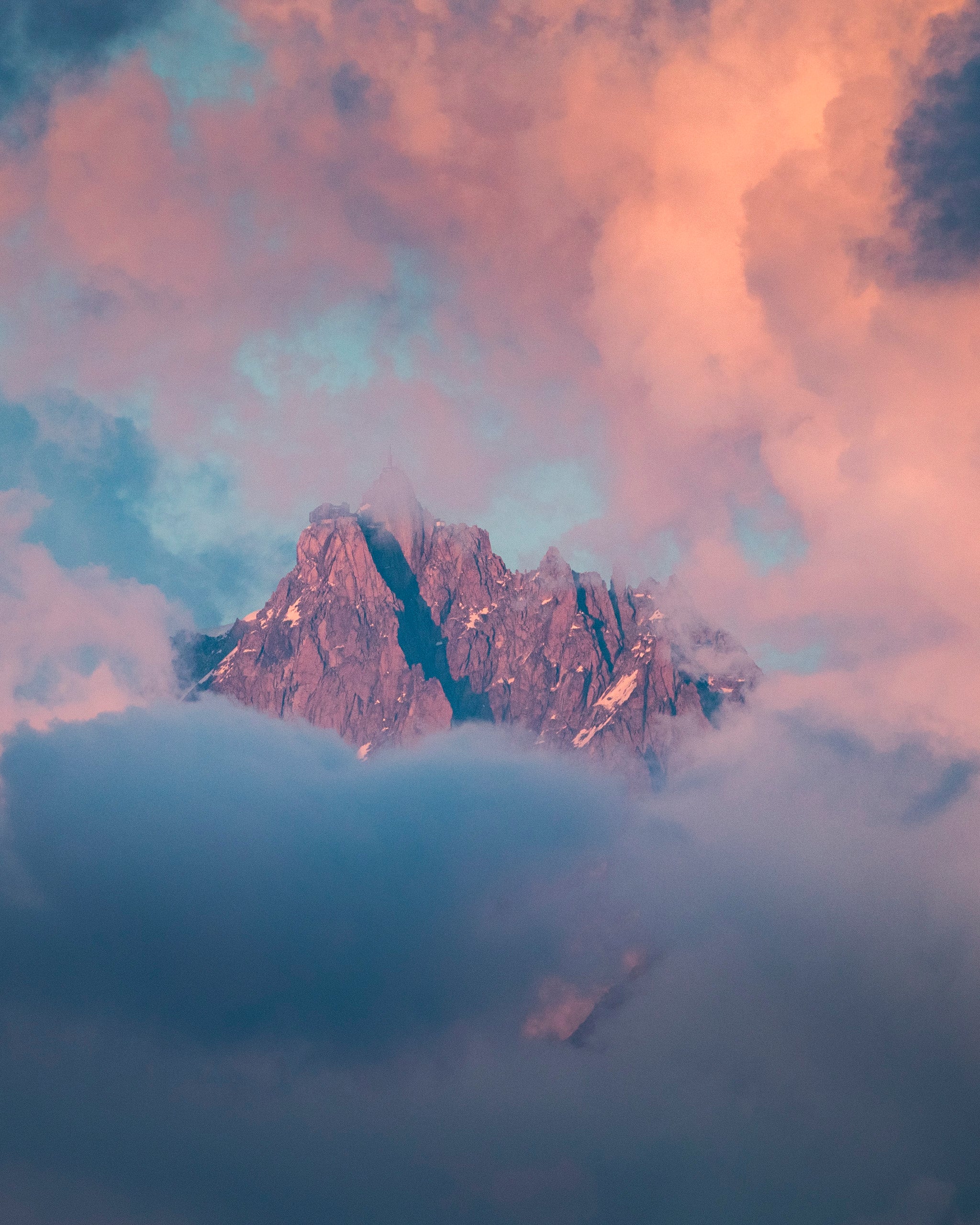 Dennis has travelled from the mountains to the sea in search of stunning locations to capture. Photo by: 'Dennis Schmelz'.
Dennis has travelled from the mountains to the sea in search of stunning locations to capture. Photo by: 'Dennis Schmelz'.
- See also: The Ultimate Guide to Drone Vacations
How do you utilise the Internet and social media to your advantage, not just to get your work seen but also to leverage collaborations and new job opportunities?
I’m a big fan of Instagram as it’s so easy to connect with other creative people and get collaborations. Another great platform, especially for video, is Vimeo. You can find a lot of great videos on this platform. I’m always trying to get in contact with other filmmakers and photographers, especially when travelling. Social media helps me a lot to get in contact with them. These days, the Instagram account is the new homepage, it works like a business card – you should present your best work there to get job opportunities. I’m still receiving the most requests via email but most of my potential new clients have found me via social media.
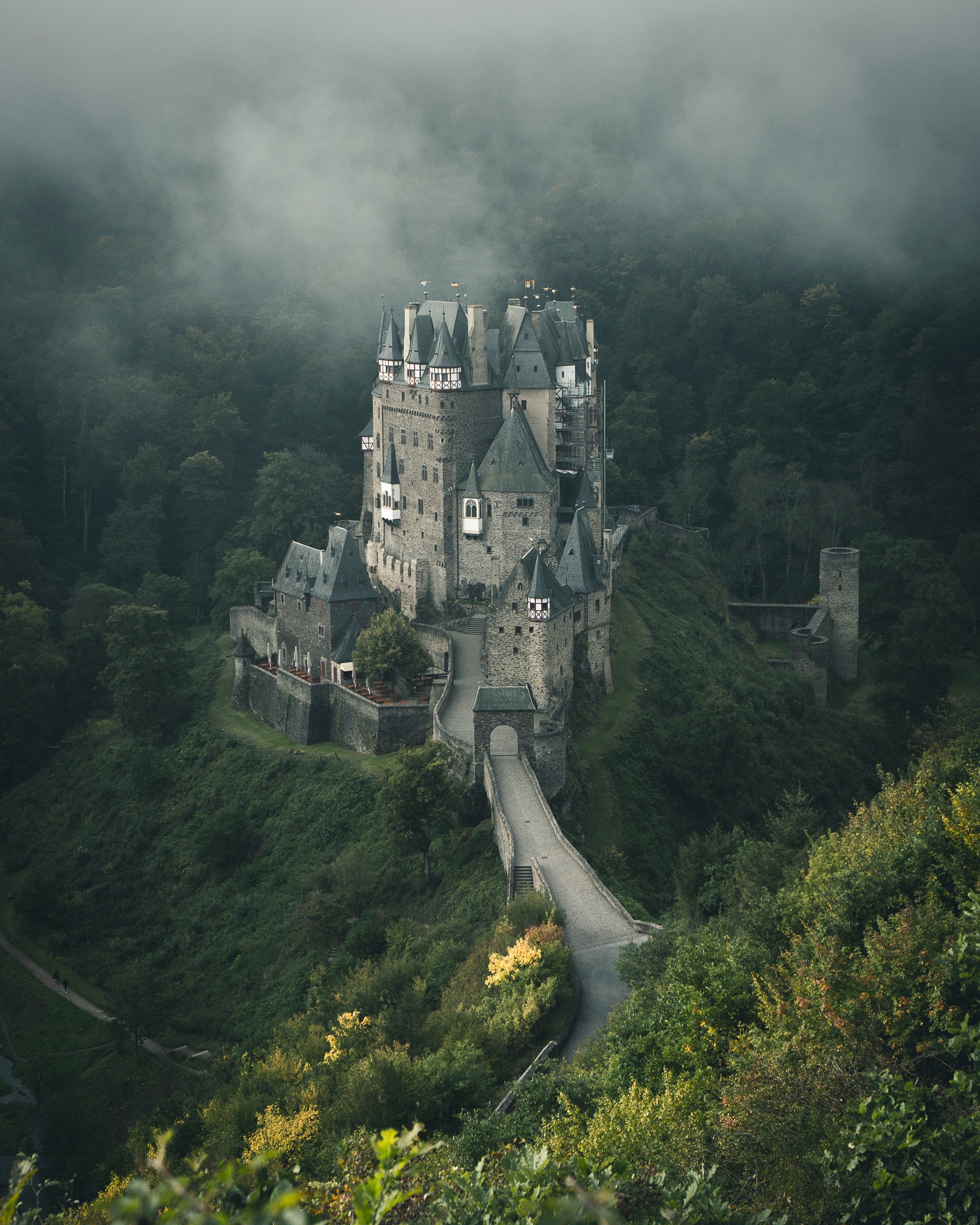 Social media is as important as your business card in the world of visual storytelling. Photo by: 'Dennis Schmelz'.
Social media is as important as your business card in the world of visual storytelling. Photo by: 'Dennis Schmelz'.
What is the most important thing that you want your audience to take away from your work?
Our planet is full of wonders and very fragile at the same time. We should take care of it!
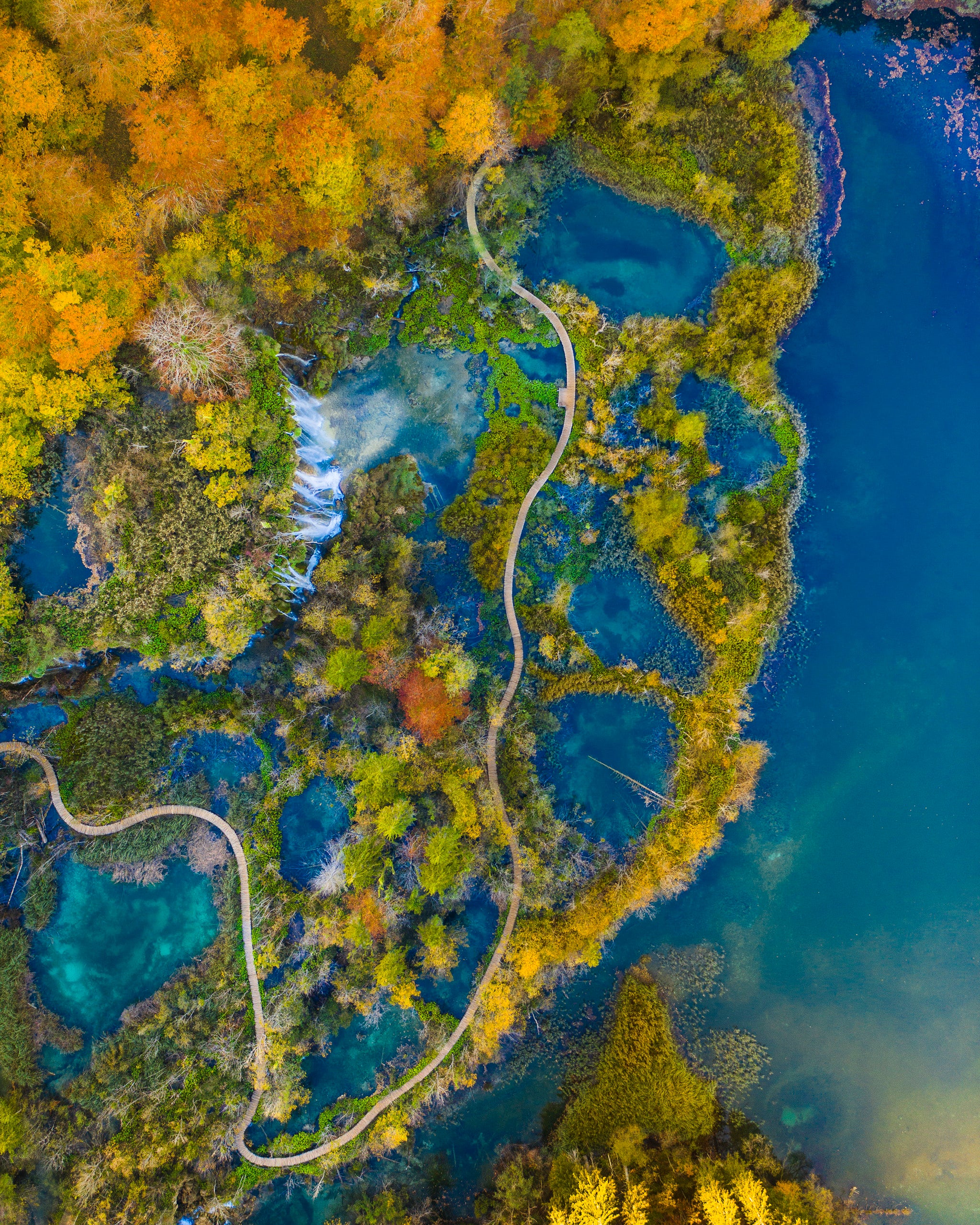 Aerial images give us a new way to look at the world around us. Photo by: 'Dennis Schmelz'.
Aerial images give us a new way to look at the world around us. Photo by: 'Dennis Schmelz'.
Do you have any advice for people who are inspired to pursue travel videography as a full-time job or career?
It’s a very long and hard way, you have to make a lot of compromises. Private things suffer from it often. If you want it, do it and try to get better every day!
 Dennis' advice is to keep practising and you'll get better at what you do everyday. Photo by: 'Dennis Schmelz'.
Dennis' advice is to keep practising and you'll get better at what you do everyday. Photo by: 'Dennis Schmelz'.
What location or event would you like to capture that you haven’t had the chance to yet?
There are too many! Canada and Alaska have been on my bucket list for a few years. Also Australia, New Zealand and Patagonia – to name just a few! ;-)
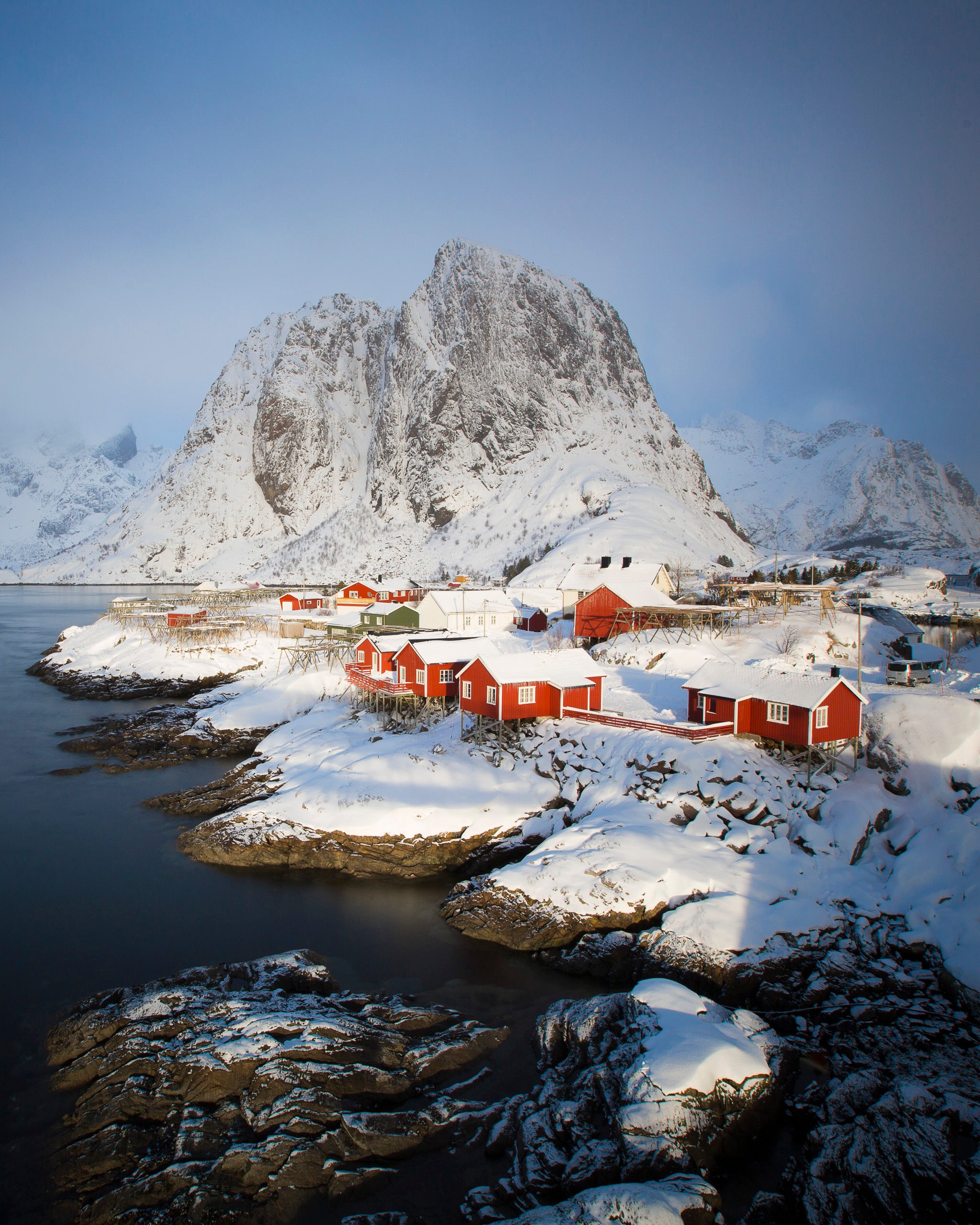 Beautiful light during winter in the Lofoten Islands of Norway. Photo by: 'Dennis Schmelz'.
Beautiful light during winter in the Lofoten Islands of Norway. Photo by: 'Dennis Schmelz'.
Where are you heading next? Do you have any new projects in the works?
Due to the coronavirus, all my international jobs have been cancelled. Normally, I'd be in Patagonia with Raymond Hoffmann (Iceland Photo Tours) right now but needless to say that this is not possible at the moment. That’s a great pity but at the same time, it offers new possibilities. For the last six years, I haven't been at home for three months in a row. Now, I’m able to extensively discover my homeland and experience new places which I didn't even know existed. The conclusion that I've come to is that you don’t have to travel to the other side of the world, the beauty is right in front of your door – you just have to open your eyes.
For more information on Dennis Schmelz's work, you can visit his website or find him on Vimeo, YouTube, Facebook and Instagram.
Take your camera around the world and document your travels just like Dennis. Check out our range of international photo tours and photography workshops.


